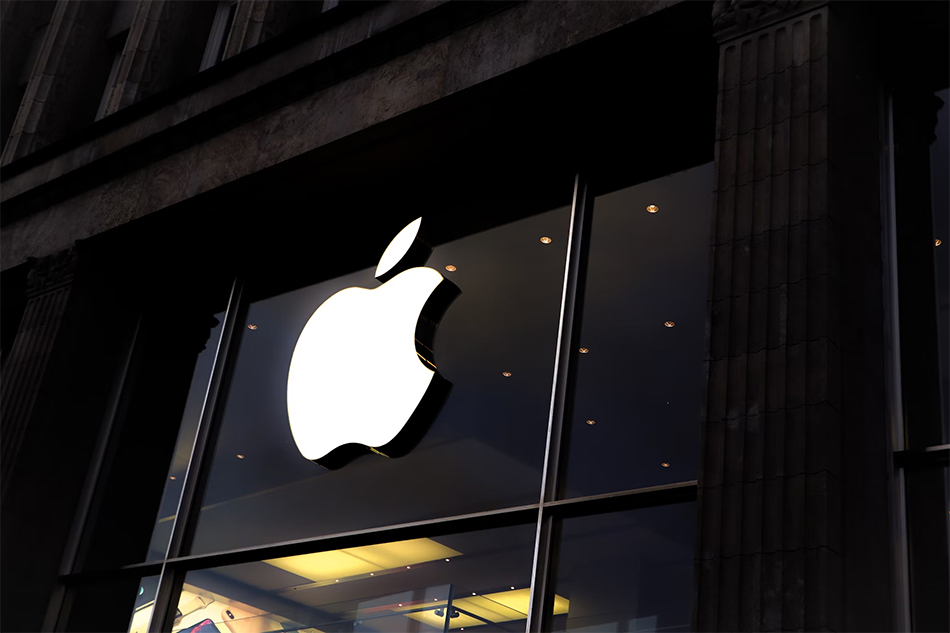Apple’s Strategic Retreat: Withdrawing Advanced Data Protection in the UK
Apple has declared the removal of its Advanced Data Protection (ADP) function in the United Kingdom, therefore igniting a major discussion on privacy and government spying. Made under increasing regulatory pressure and a divisive government directive, this choice emphasizes the continuous conflict between guaranteeing strong user privacy and following national security needs. This decision not only challenges conventional privacy protocols but also signals a shift in balancing governmental oversight with consumer rights.
Government Pressure and Regulatory Landscape
Using the Investigatory Powers Act, sometimes known as the “Snooper’s Charter,” the United Kingdom government has encouraged Apple to provide a backdoor allowing access to encrypted iCloud data, therefore weakening the basic core of end-to- end encryption. Aimed at permitting law enforcement investigations into major crimes, this technological capability notification places Apple in a controversial legal and political struggle raising issues on the balance between national security and personal privacy rights. This action highlights the rising contradiction between the protection of good digital security and regulatory criteria.
Apple’s Response and Strategic Decision
Apple has decided to disable the ADP function for all new UK customers and progressively turn it off for current ones instead of violating its long-standing commitment to protecting user data. Reiterating a commitment to a security model where only the account holder can access their encrypted data—a posture that has defined Apple’s privacy ethos for years—the company’s decision reflects its determination to avoid generating any kind of “master key” or backdoor that could be exploited by unauthorized parties. Such a decision reinforces Apple’s commitment to its core privacy values despite mounting external pressures.
Impact on UK Users and Privacy
The elimination of ADP results in the loss of the strengthened, opt-in layer of encryption once provided for a larger spectrum of iCloud data, hence possibly lowering the general security of sensitive data kept on the cloud. End-to- end encryption will always help normal iCloud services—including iMessage, FaceTime, and Health data—but users who once chose the extra protection now have to balance convenience with the best degree of data privacy. The trade-off between enhanced encryption and user accessibility highlights the evolving landscape of data protection standards.
Broader Implications for the Tech Industry and Encryption Debate
Apple’s choice sets a standard in the larger worldwide discussion on encryption and government access to private data, therefore resonating beyond its direct consumer base. While some law enforcement and government officials contend that backdoor access is necessary for national security and the investigation of major crimes, privacy advocates and many tech companies warn that any such compromise could open the path for extensive abuse and compromise the security of digital communications all around. This debate further intensifies scrutiny over the ethical and operational ramifications of mandated backdoor policies.
Apple has underlined its strong dedication to user privacy even in the face of strong government pressure by discontinuing its Advanced Data Protection capability in the UK. This calculated withdrawal not only supports the company’s stance against mandated encryption backdoors but also starts a larger debate on the direction of digital security and the difficult interaction between public safety and personal liberties. Regulators and technology companies are forced to weigh how best to guard private data as the argument goes on without compromising the integrity of end-to- end encryption.


